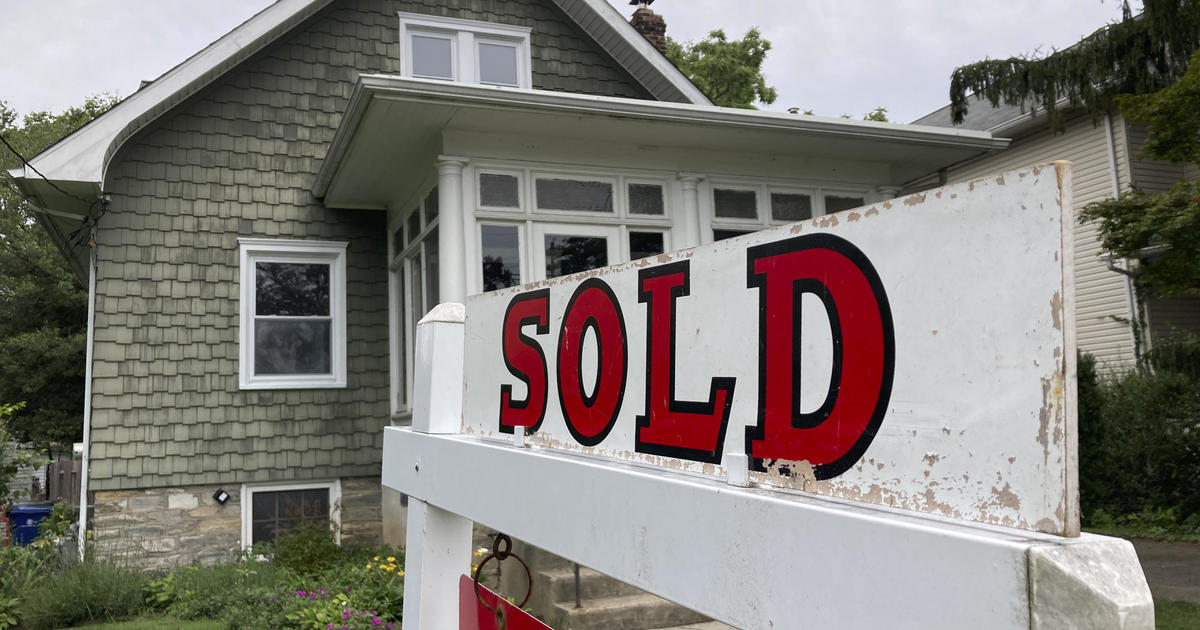How to ease the pain of paying for elder care
Almost $7,000 a year. That’s what the average American family caregiver spends each year on household, medical and other expenses for a loved one. That’s according AARP’s Family Caregiving and Out-of-Pocket Costs: 2016 Report.
This spending crosses generations. Baby boomers spend 13 percent of their annual income on unpaid caregiving, while people age 71 to 91, often called the Silent Generation, spend 25 percent, mostly on spouses or partners.
GenXers, (age 35 to 50) spend 24 percent of their annual income on caregiving, usually for parents, while millennials (age 18 to 34) spend the largest percentage, at 27 percent. That’s a bit of a surprise when you consider millennials often get a bad rap for mooching off of their parents.
“The important thing to remember is that the financial burden on caretakers is a multigenerational and universal problem in this country,” said Lynn Friss Feinberg, senior strategic policy advisor for the AARP Public Policy Institute.
As Americans dive into family get-togethers this holiday season, Feinberg suggested putting a few minutes into a family meeting to assess what your family’s financial and aging situation is and what may be needed throughout the year. Talks like these can help you plan for future elderly care costs so you can fit them into an already strapped budget, your own retirement savings and perhaps savings for children’s education.
In addition, here are steps you can take to help ease the financial burden of caring for a loved one.
Take advantage of government programs. Advocates are hoping for a comprehensive federal government plan to aid family caregivers. Even in the current political climate, Feinberg expects legislation along these lines will be introduced next year.
In the meantime, many state and local governments offer tax breaks and other aid programs for seniors, especially those who need home renovations to age in place. In addition, many localities offer free or discounted tax-preparation and bill-paying services for qualifying seniors. For more information about what’s available in your loved one’s area, contact the local Area Agency on Aging.
Tap into your community. Caregivers shouldn’t hesitate to ask neighborhood religious and community groups for help, suggested Feinberg. You’ll likely find senior- and disabled-specific funding programs as well as volunteers who can help lighten your load.
Consider hiring a professional. “Aging life care professionals,” formerly called geriatric care managers, can help you navigate the world of elderly care, including finances. These consultants are often trained social workers, gerontologists and other health care professionals.
Among other things, they can help you tap into local financial resources, guide you through medical or other emergencies and help you navigate the legal landscape of estate planning, power of attorney, health proxies, etc.
Depending on your budget and the state of your loved one’s finances, you may find paying for professional help is more cost effective than trying to figure everything out on your own. For more information, check out the Aging Life Care Association.



